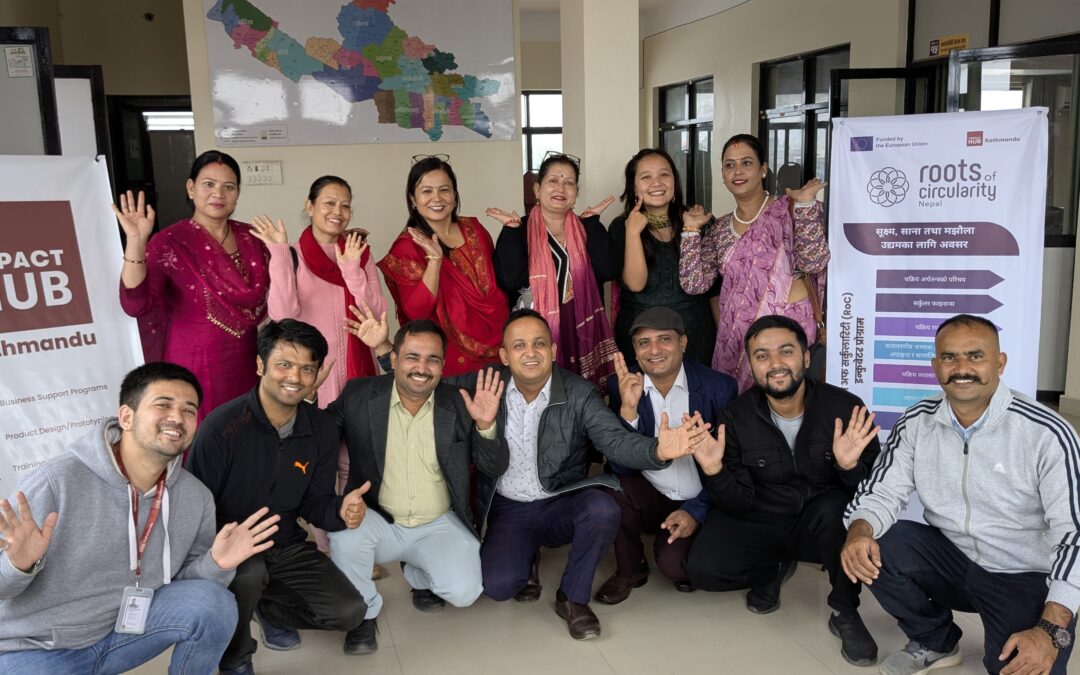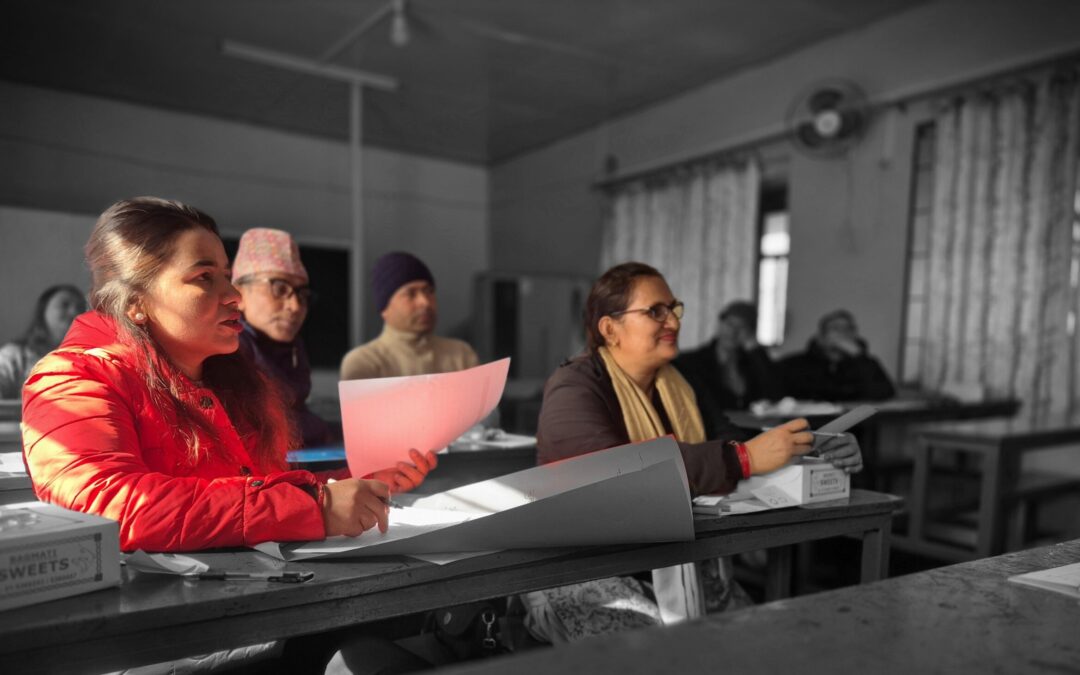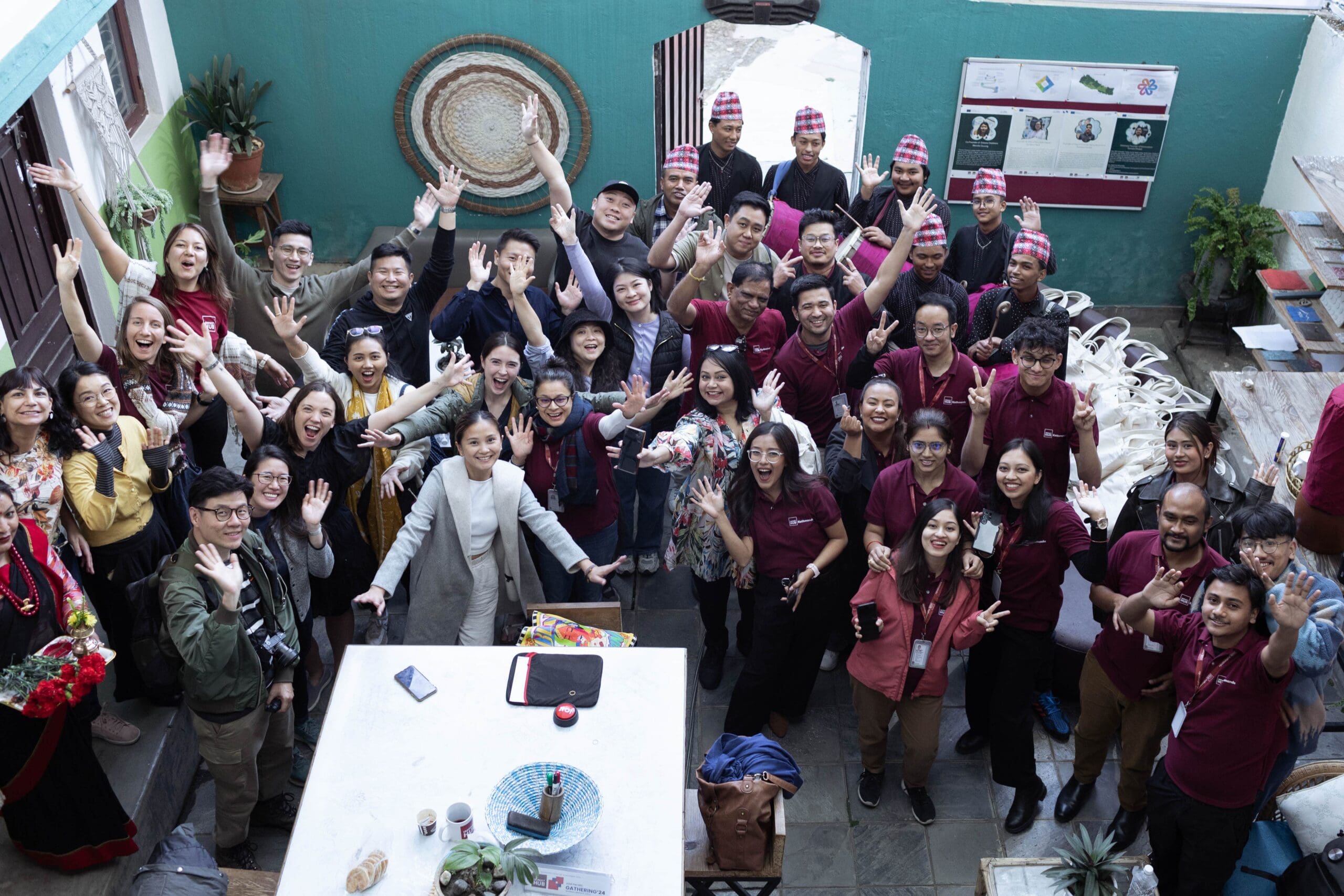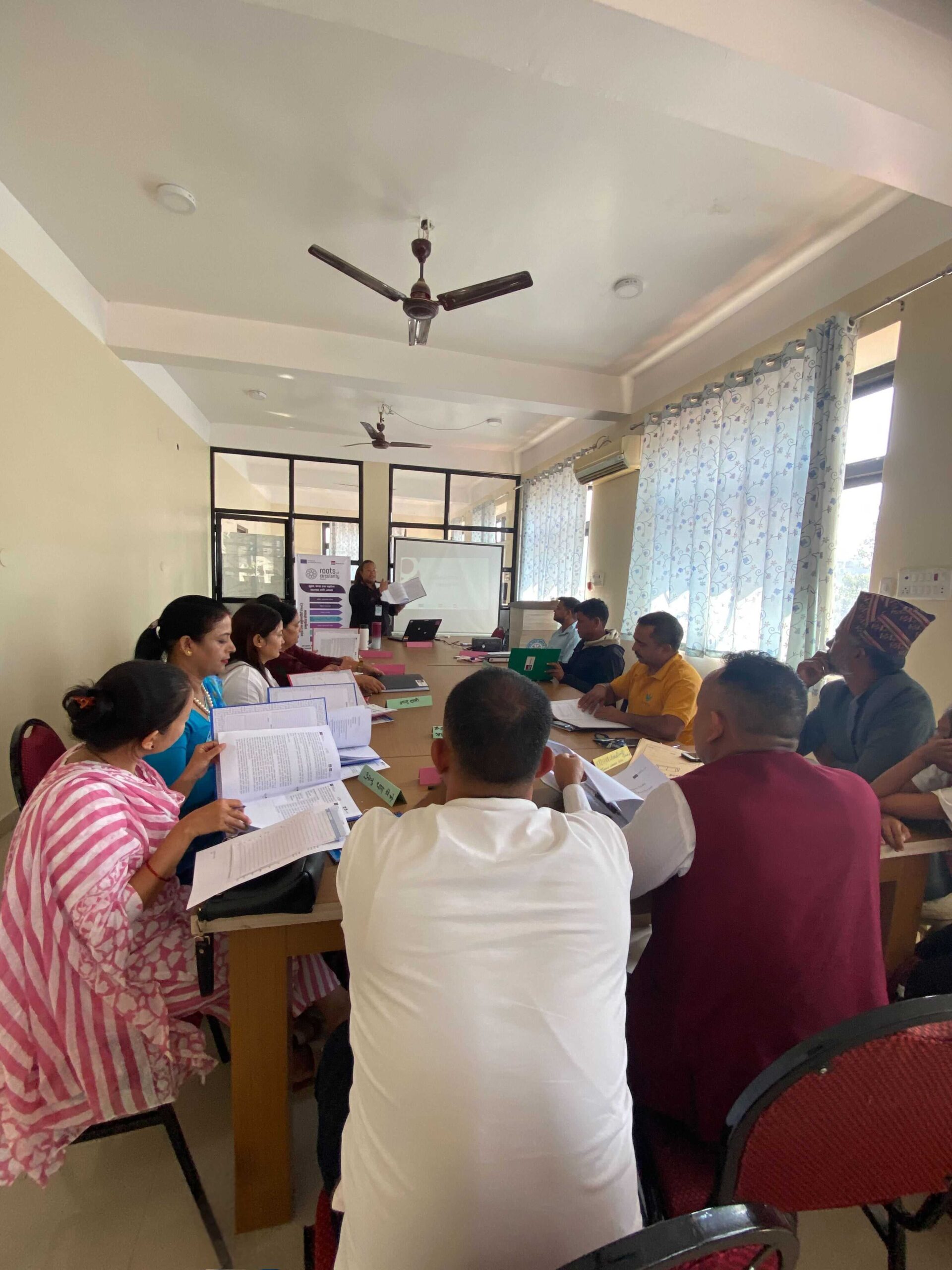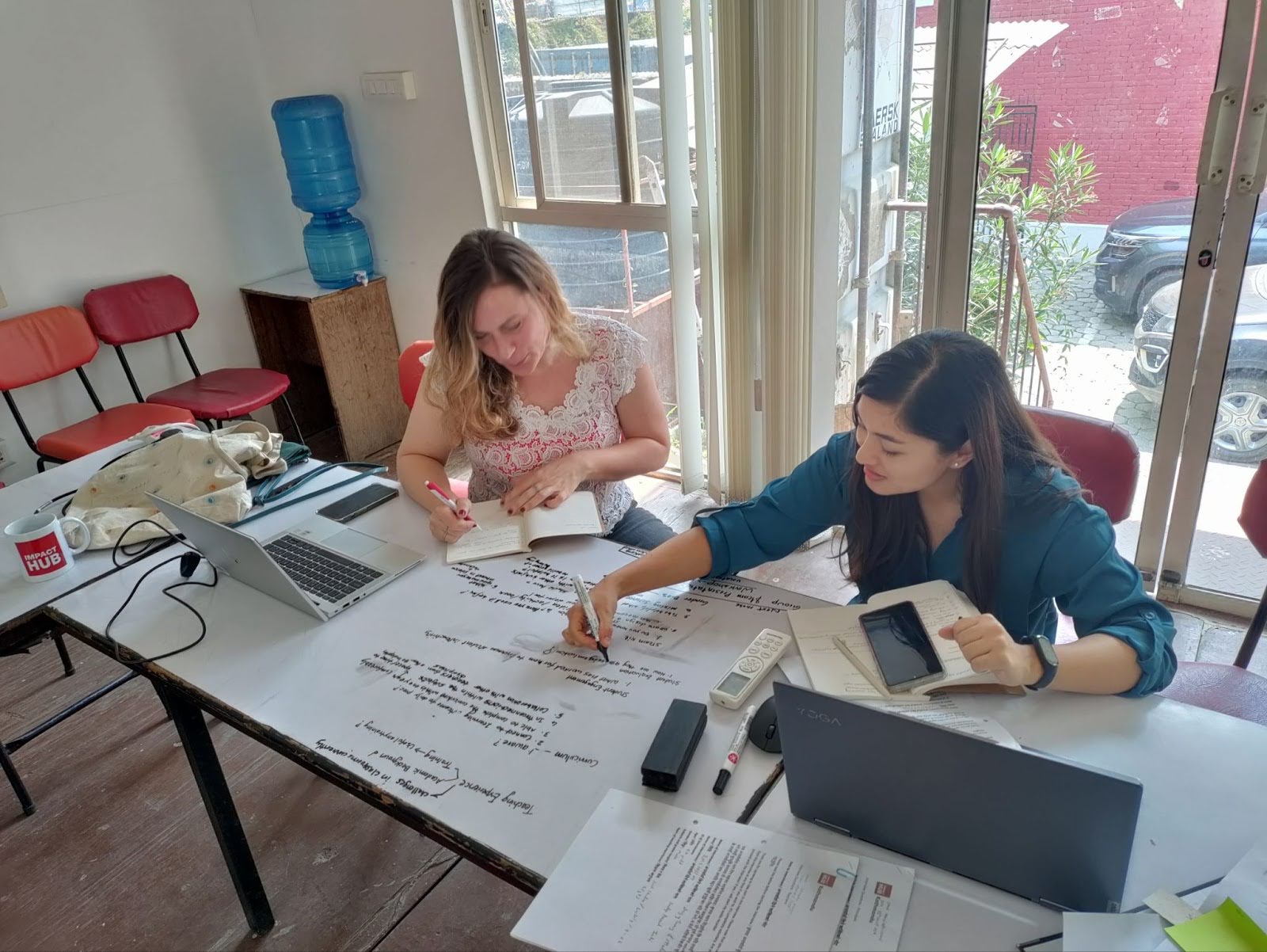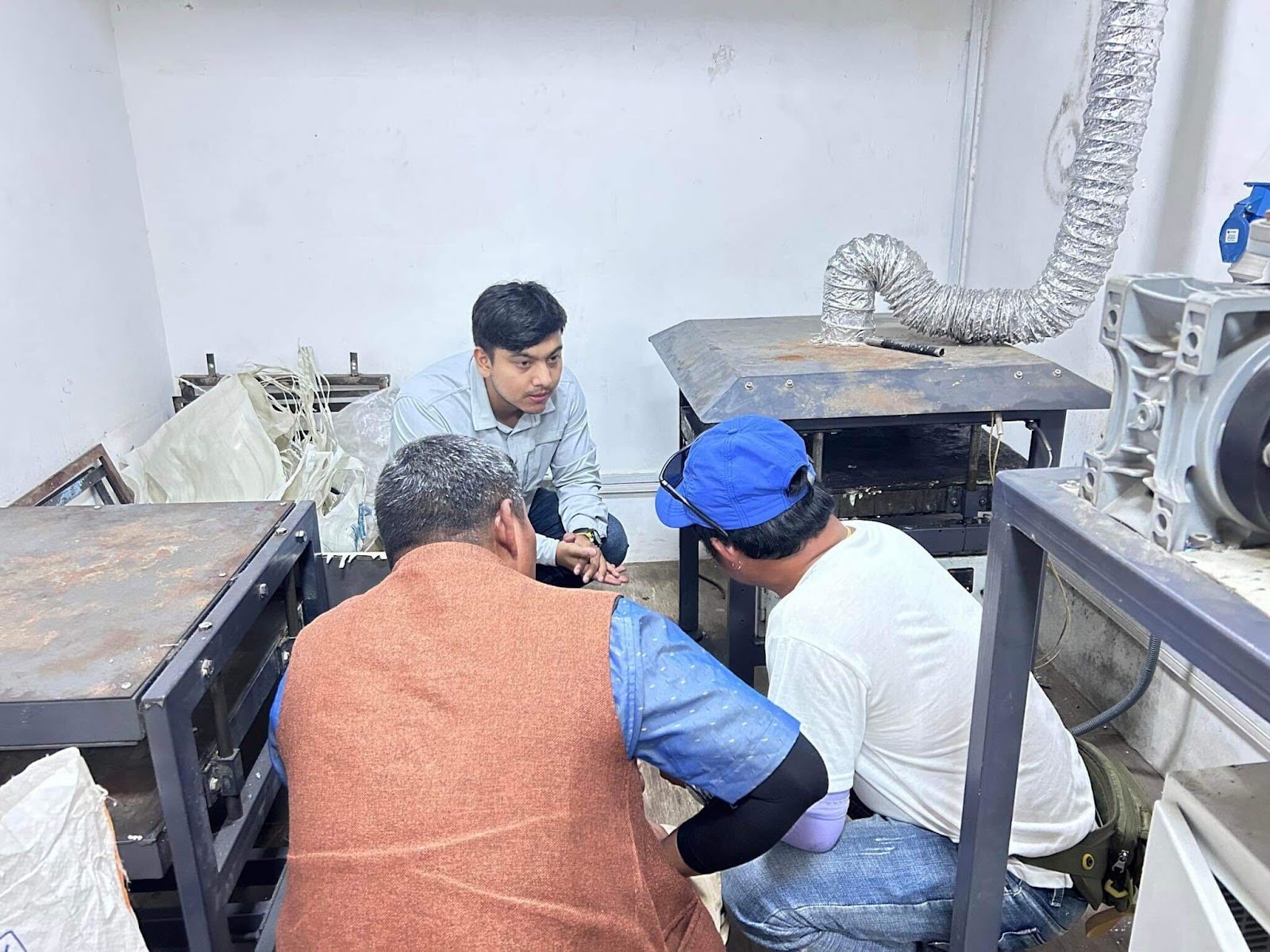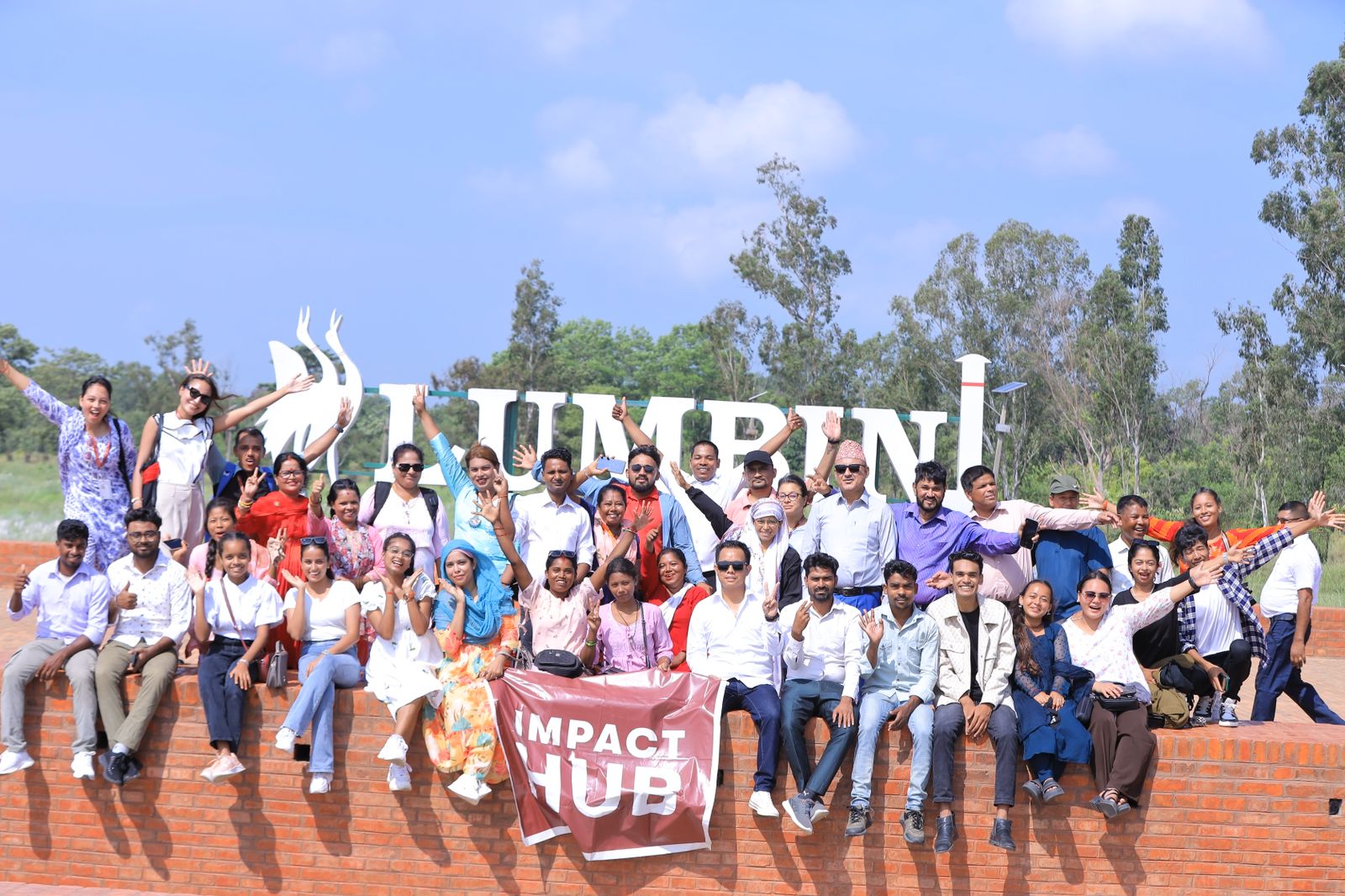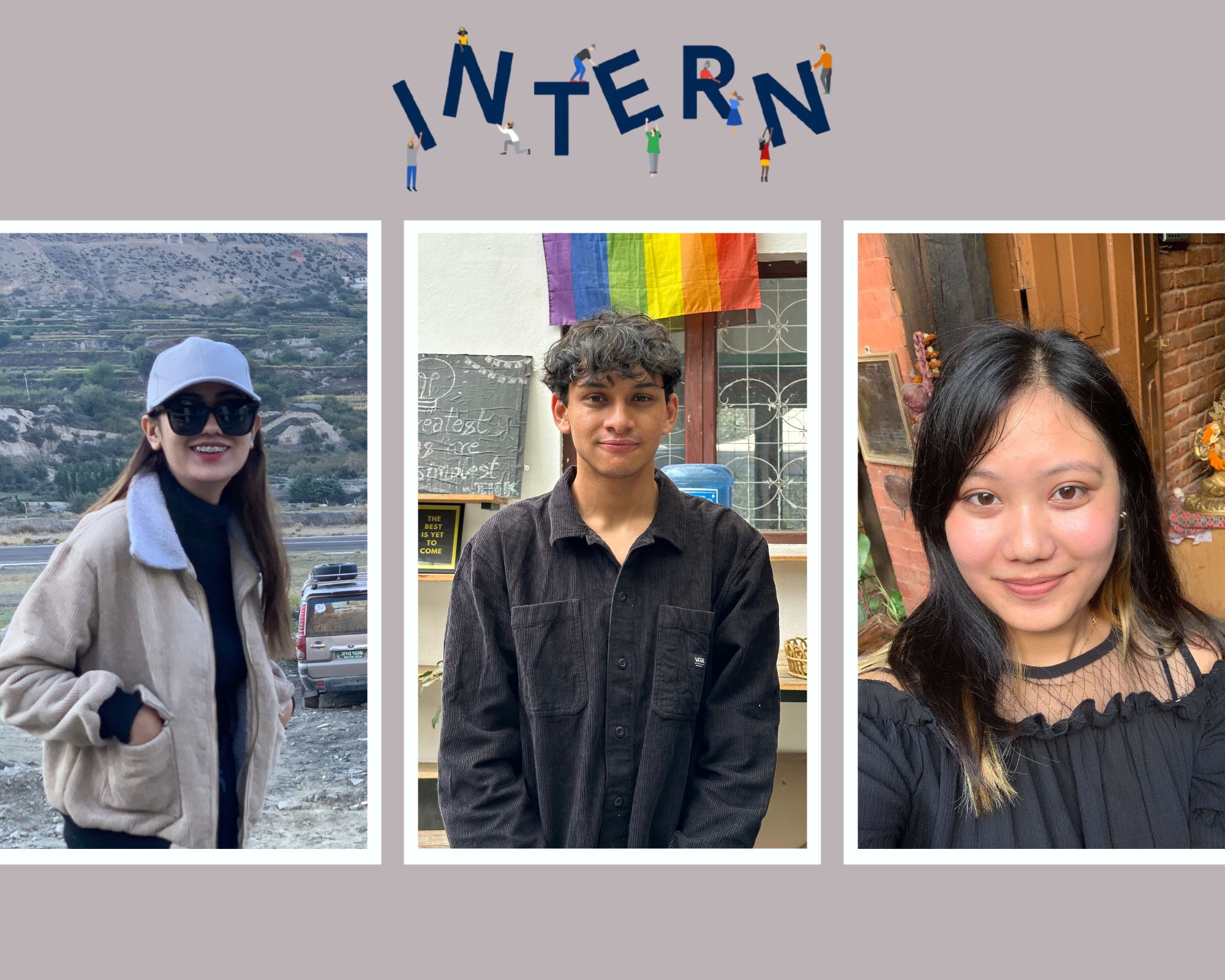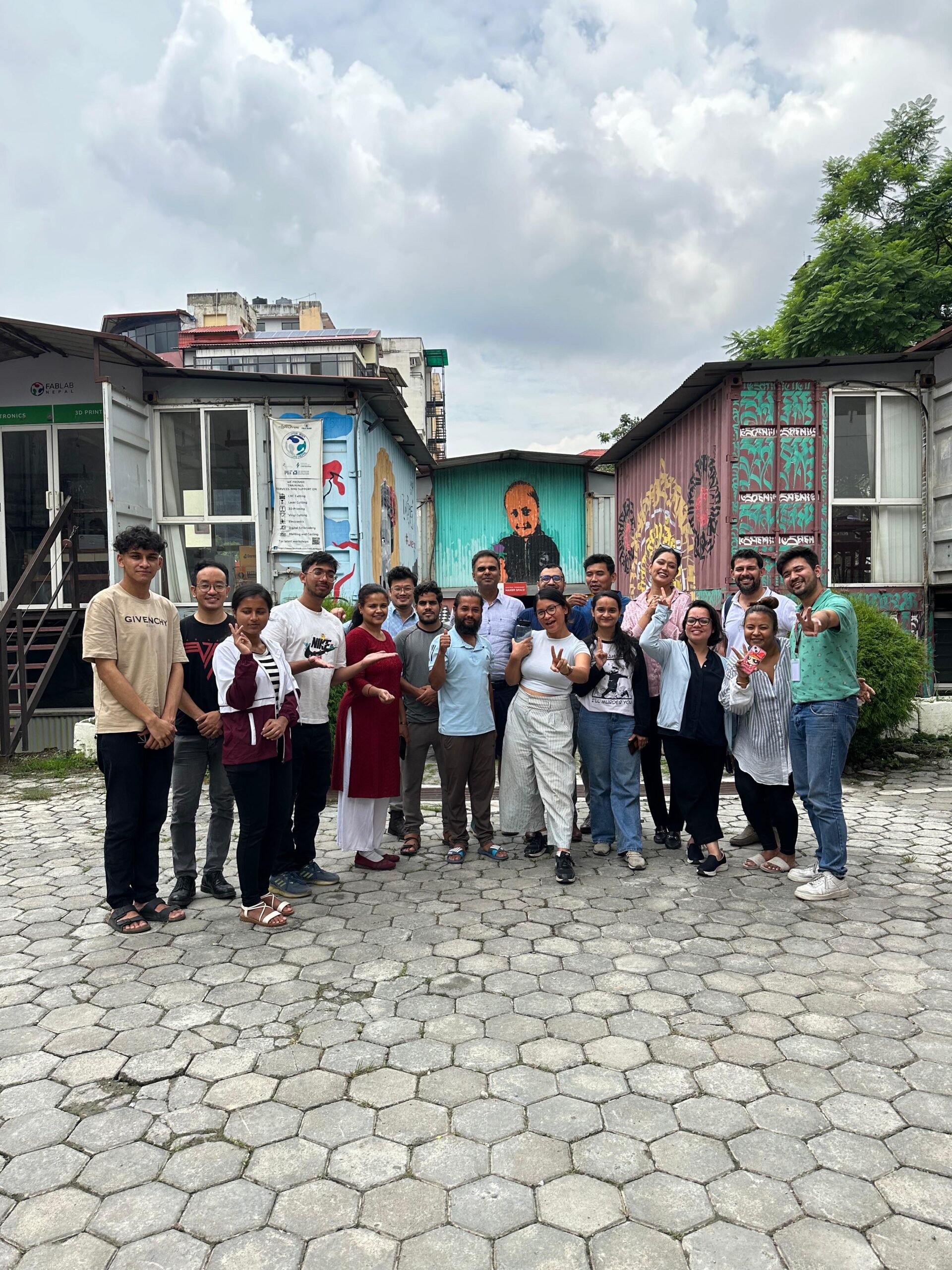Reflections on UK Travel: Collaboration and Innovation Across Borders
By Pallab Shrestha
On Thursday morning, June 13th, I embarked on my journey to the UK via Abu Dhabi. The 15-hour trip, which included a 2-hour layover, brought me to a new environment with different time zones, foods, and daylight hours. Adjusting to the UK took me about 2-3 days, especially since it stays bright until around 10 PM, a stark contrast to Nepal, where darkness falls around 6:30 PM.
The primary purpose of my trip was to participate in the Making Spaces program, a collaboration with the Institute of Education, University College of London‘s Faculty of Education and Society, funded by the Lloyd’s Register Foundation. This initiative involves an international network of makerspaces and researchers, including our Fablab. The Making Spaces project aims to explore how makerspaces can foster equity, inclusivity, participation, caring pedagogies, social justice mindset, and culture for young people and their communities. A key focus of the program is developing strategies to enhance young people’s experiences with Science, Technology, Engineering, and Maths (STEM) in these spaces.
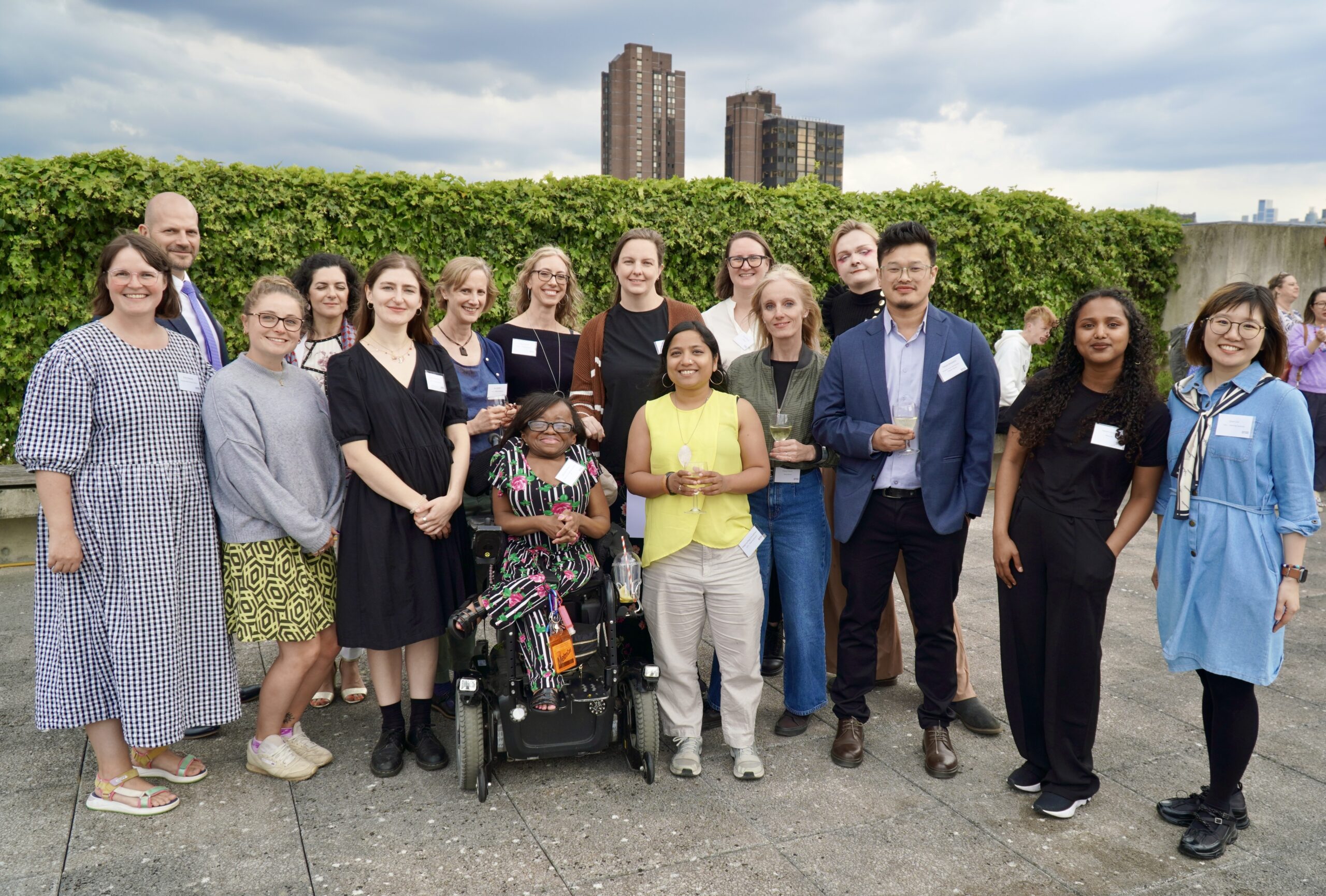
During the final event of the program, we showcased the resources developed throughout the project, emphasizing the importance of equity in makerspaces. The presentations highlighted the Making Spaces 3-STEP Approach (Prepare, Do, Evaluate), followed by a Panel Q&A session. The event concluded with the announcement of the awardees of the Making Good Prize, an opportunity for young people to share their making, followed by the networking cocktail reception with canapés on the roof terrace.
All resources are available on the Making Spaces website, and an online course on FutureLearn is also available to help embed equity in your makerspace. You can also explore the submissions for the Making Good Prize to learn more about the innovative work being done.
It was an enriching experience to learn about other makerspaces, share ideas, and gain insights from each other. The conclusion of Making Spaces Phase 2 left us with valuable knowledge and future plans for continuing the program.
While in the UK, I also had the opportunity to present the technical challenges of the Plastic 2 Ghar project at the University of Cambridge’s Institute for Manufacturing. I shared the hurdles we faced and the solutions we implemented, receiving constructive feedback and encouragement. I also met a material testing team that was doing physical and UV tests on the samples made from recycled plastics in our projects. Dr. Curie Park, the project lead for P2G, graciously hosted me and gave me a tour of Cambridge while I was there.
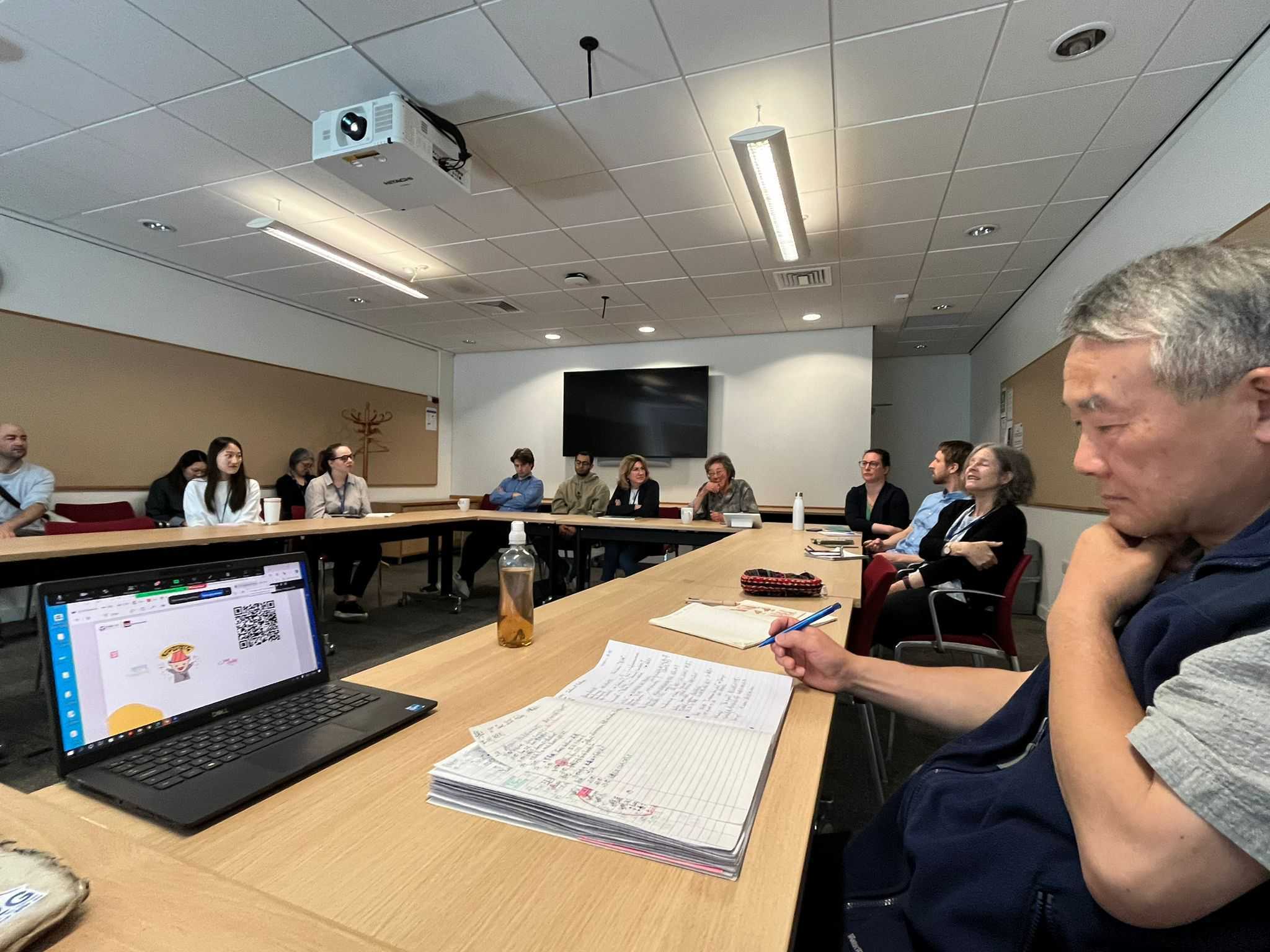
During my stay, I also visited the Royal Academy of Engineering, which has been instrumental in supporting our various projects, including building safe engineering designs and practices for Nepal and enhancing high-tech engineering and design skills at Nepal’s first FabLab. I had the opportunity to meet with Wahidullah Azizi, Programme Manager at the Royal Academy of Engineering, where we discussed our learnings, and the impact of our programs, and explored future plans for FabLab Nepal.
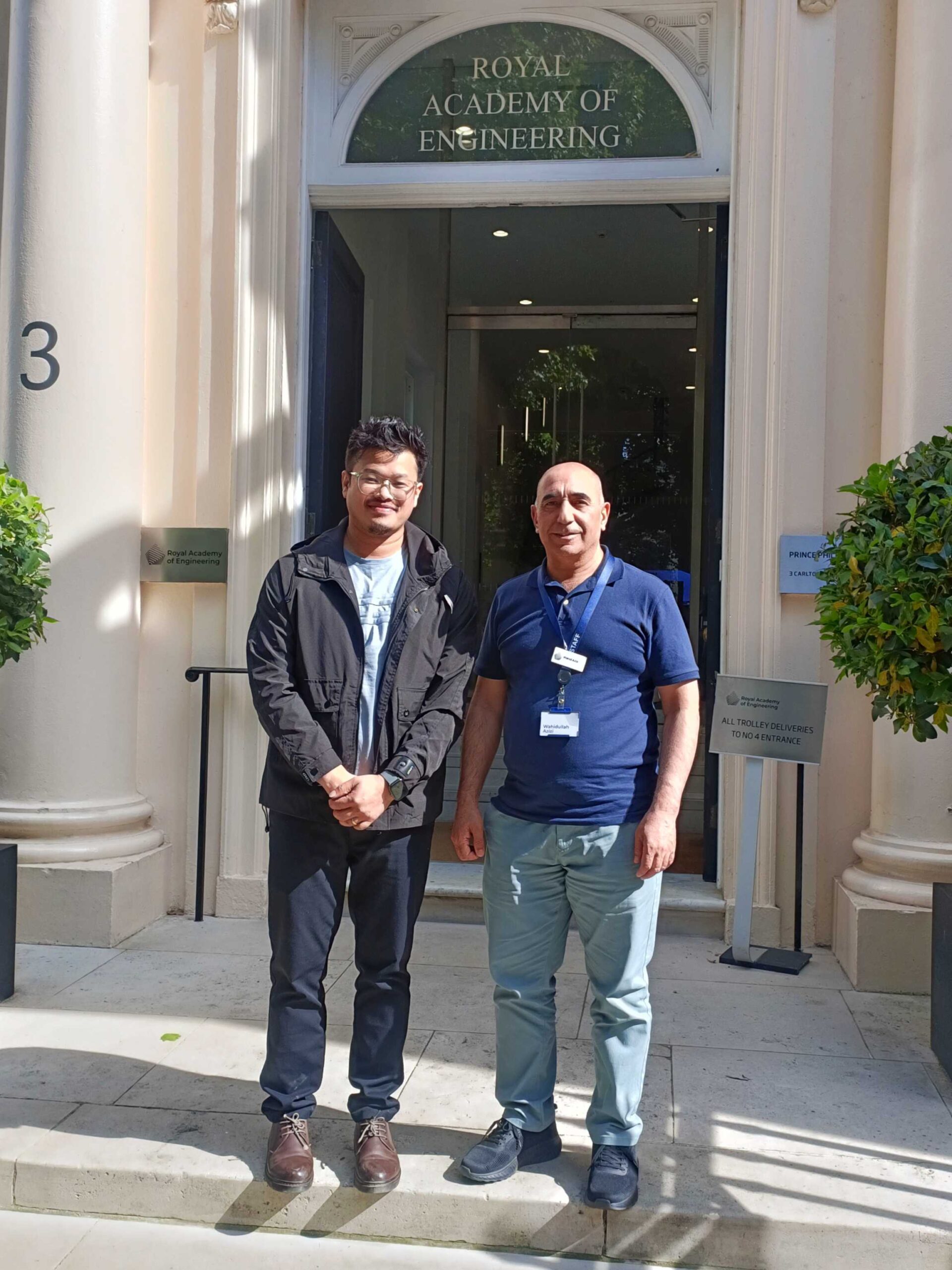
After a week of official visits, I took a trip to the Scottish Highlands. Along the way, I visited Impact Hub Inverness and had the pleasure of meeting Pollyanna Chapman (Polly), Founder and CEO of Impact Hub Inverness. Over breakfast, we discussed our programs, noting the similarities and exploring differences between Scotland and Nepal.
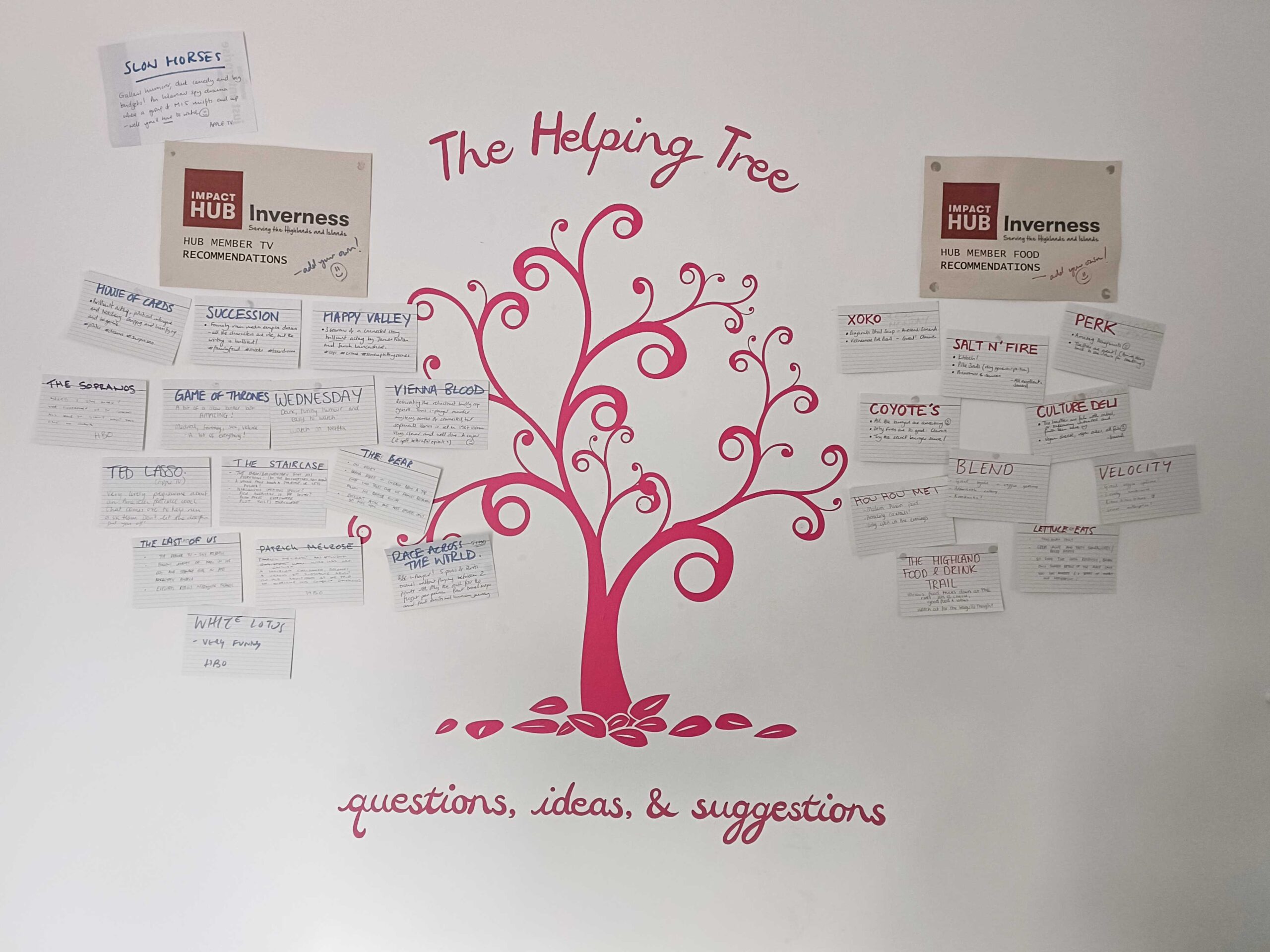
Overall, this journey was a remarkable blend of professional growth, networking, and cultural exchange, leaving me inspired and ready to bring back new ideas to Nepal. I would like to thank the Making Spaces team at UCL and the Lloyd’s Register Foundation for their sponsorship and for making this experience possible.


